THE SITUATION:
Frontend: Vue. Backend: Laravel.
Inside the web app I need to let the user download certain pdf files:
- I need Laravel to take the file and return it as a response of an API GET request.
- Then inside my Vue web app I need to get the file and download it.
THE CODE:
API:
$file = public_path() . "/path/test.pdf";
$headers = [
'Content-Type' => 'application/pdf',
];
return response()->download($file, 'test.pdf', $headers);
Web app:
downloadFile() {
this.$http.get(this.apiPath + '/download_pdf')
.then(response => {
let blob = new Blob([response.data], { type: 'application/pdf' })
let link = document.createElement('a')
link.href = window.URL.createObjectURL(blob)
link.download = 'test.pdf'
link.click()
})
}
OUTCOME:
Using this code I do manage to download a pdf file. The problem is that the pdf is blank.
Somehow the data got corrupted (not a problem of this particular pdf file, I have tried with several pdf files - same outcome)
RESPONSE FROM SERVER:
The response itself from the server is fine:
PDF:
The problem may be with the pdf file. It definitely looks corrupted data. This is an excerpt of how it looks like the response.data:
THE QUESTION:
How can I properly download a pdf file using Laravel for the API and Vue for the web app?
Thanks!

